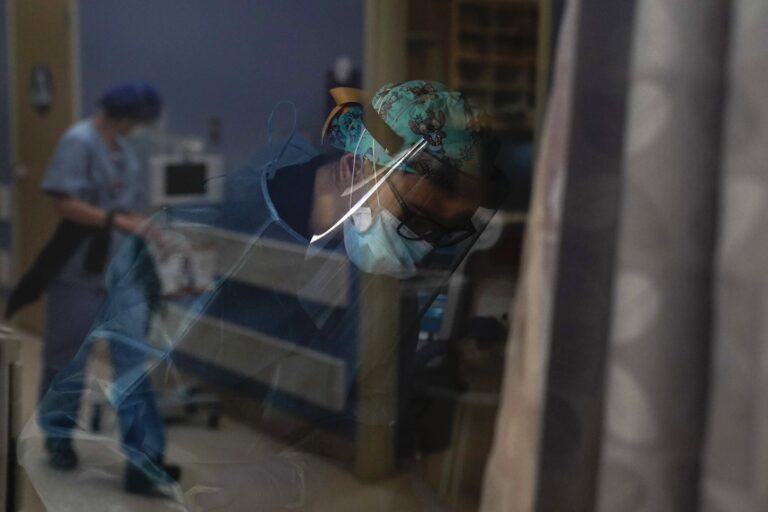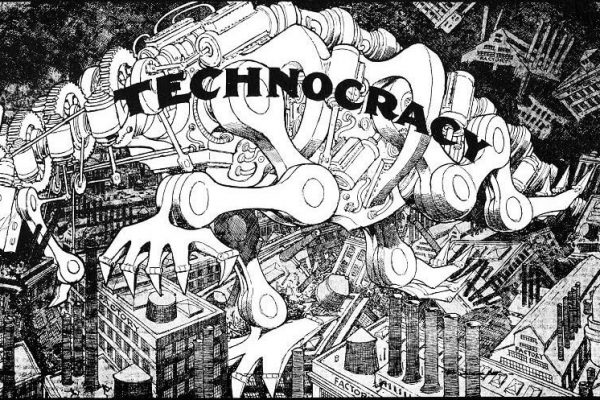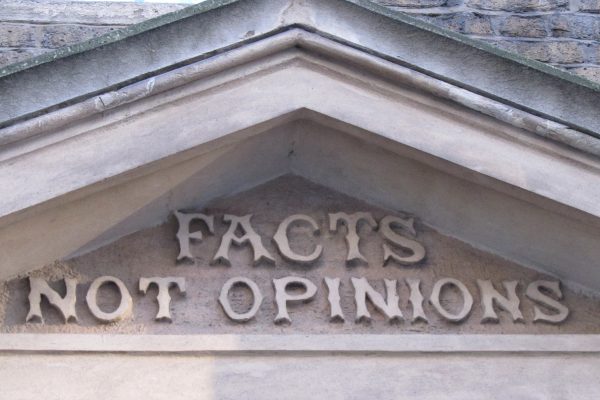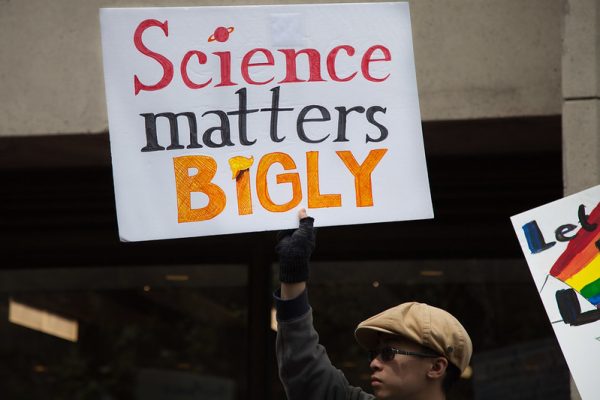Declining public trust in government and science has recently been thrown into sharp relief, from vaccine skepticism to climate and COVID-19 denialism and QAnon conspiracies. Some observers see an epidemic of bad logic and misinformation, suggesting the culprit is largely a result of poor knowledge and faulty reasoning on the part of individuals. As the essays in this week’s reading list explore, however, this view ignores the crucial role of social and political factors in the making and breaking of public trust.
According to philosophers Catarina Novaes and Silvia Ivani, trust is as much a moral and political matter as an epistemic one. As a result, they argue, we must move beyond the popular “knowledge deficit model” of anti-science sentiment, which posits a one-way relationship between knowledgeable experts and an ignorant public in need of instruction. “In place of the narrow goal of fostering scientific literacy,” they write, “we should look to the broader goal of facilitating cooperation between scientists and citizens.” In a recent forum, science and technology and studies scholar Shelia Jasanoff similarly emphasizes the importance of democracy in solidifying popular trust in public health, calling for “technologies of humility: institutional mechanisms—including greater citizen participation—for incorporating memory, experience, and concerns for justice into our schemes of governance and public policy.”
These issues extend far beyond the realm of science and public health. As intellectual historian Nicolas Guilhot argues, they reflect the current state of politics, which reduces social problems to individual ones. Many have been quick to attribute conspiratorial thinking to what Guilhot calls “bad information,” but movements like QAnon, he contends, express an “existential anxiety” that cannot be reduced to “cognitive deficiencies.” The solution is not widespread fact checking, seminars on logical fallacies, or critiques of “defective epistemology.” Instead we must “address the dearth of political vision on which conspiracism feeds.”
Other essays in this week’s reading list touch on different social and political facets of public trust. Medical doctors Michelle Morse and Bram Wispelwey call attention to “the long legacy of medical injustice perpetrated against communities of color” as a source of distrust in the medical system; historian Andrew Jewett traces the shifting political valence of distrust in science over the course of the twentieth century; and political theorist Matthew Cole examines two arguments against technocracy, calling for a “smart democracy” that empowers citizens to put their knowledge into practice.
Forum
The United States wasn’t prepared for COVID-19, despite decades of warnings. What must we do to plan more effectively?
Democratic theory points to two problems: unjust concentrations of power and a flawed theory of knowledge.
Colorblind solutions have failed to achieve racial equity in health care. We need both federal reparations and real institutional accountability.
Its authority derives not from unbiased scientists but from the institutions and norms that structure their work. Fighting mistrust requires more public engagement with policy, not unqualified deference to experts.
We should blame conspiracy theories like QAnon on politics, not the faulty reasoning of individuals.
Building public trust requires far more than the conveyance of facts and instruction in scientific thinking.
For a century, critics of all political stripes have challenged the role of science in society. Repairing distrust today requires confronting those arguments head on.
The “scientific method” of high school textbooks does not exist. But there are scientific methods, and they play an essential role in making scientific knowledge reliable.
Science is always undertaken from a definite point of view, a new book concedes. But it enlarges our knowledge of the world through the interplay of different perspectives.














